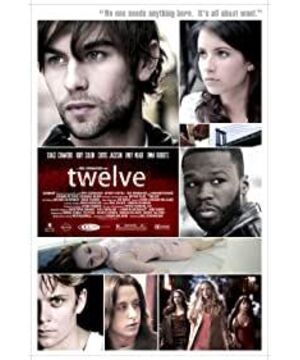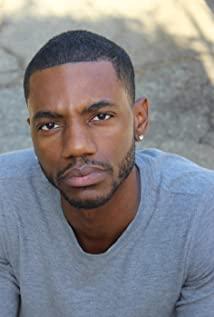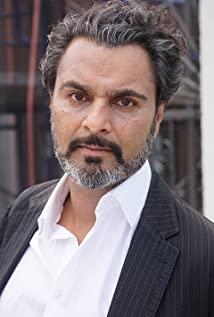At the beginning, this movie was a bit of the meaning of "Catchman in the Rye"—isolated from the world in which you live, and lost in Teenagers in the void, those extremely flashy and meaningless lives, sex, drugs, alcohol, prom, a large group of young people who have no emotional involvement, no future dreams, no real experience, or a large group of teenagers who are willing to indulge without knowing it or Want to get rid of it. I also used the method of narration. I once thought that making "Mai" into a movie should have a lot of off-camera OS.
Because this is a film co-produced with France, so at the beginning, I thought it was okay. It didn't matter to be complained by American parents a few times.
Later, when the first backlighting lens appeared, I was a little discouraged, thinking "it's over..." in my heart, thinking that the director was going to screw it up. It's a bit similar to a single man. They talk about life groups that the masses are not familiar with, but they have to use very unrealistic methods, so they can completely isolate the pain and misfortune that the masses can experience and feel. Only a gorgeous shell filled with "pain" is left. Of course, what the director does this is to show the inner world of the male protagonist. Those memories and thoughts are all separated from the real environment, processed by the male protagonist’s ps, and have a special meaning, but...formalism kills people. what.
The first half of this book still has a lot of room for development. I can think of how much controversy the things described here will generate in the United States-rich and powerful parents are indifferent to their children, and the spoiled, high-achieving students are willing to fall for themselves. , The boys only thought about how to put a girl in bed, while the girls could undress and lie down for a prom with a little drug, and even when they died, they only thought, "This is a sensation, now I'm famous," People will remember me now. Now I am a star.” All this goes against the positive spirit of a Puritan country of family happiness, father, kindness, filial piety, and filial piety.
In the second half, when the male protagonist's childhood sweetheart who completely represented "good American youth mental outlook" appeared, he went to a complete collapse. Especially in the end when the childhood sweetheart was in the hospital to strictly draw a line with the male protagonist, the movie finally hit its own slogan: we must live the best life we can, and almost didn't show me the breakdown-feelings turned out to be an inspirational film ? ? ? ! ! ! This is as ridiculous as Godzilla in a superhero suit... I walked out of the cinema and went on the subway to buy it all the way to understand: Is this a book born like this, uh, inspirational, or a director, uh, afraid of teaching What about bad kids?
If that muscular man is the protagonist, there will be a lot of impact. If the movie ends when the muscle man falls, there will be a lot of aftertaste. If the narrator can change the person and change the person's name to "I", there will be more love. If all the female characters in the movie are replaced, it will be more enjoyable (in terms of acting skills). If I cut off all the backlit lenses, it would be much more realistic. It would be much more interesting if the lines of the narration were cut off a bit more (the narration is a lot of nonsense, has it been infected by the new version of "Dream of Red Mansions" virus?). As it is now, it feels like I have taken everything but no focus, and I have said everything but there is no focus at all, Larry is mixed.
This film-also the male protagonist looks pretty good-looking.
View more about Twelve reviews











